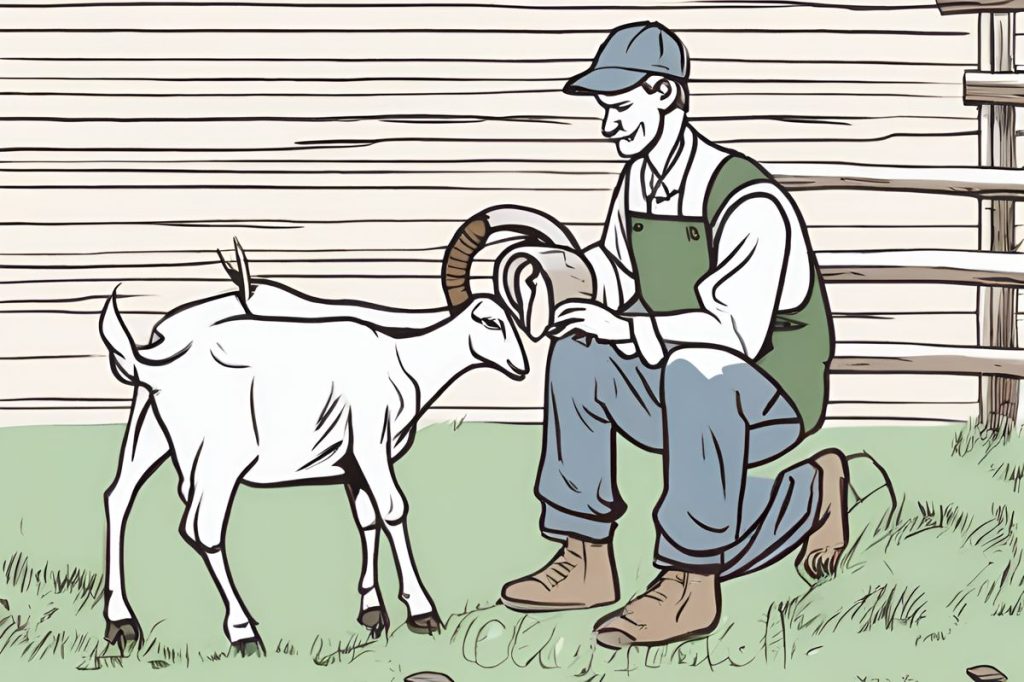Cyprus is boosting Halloumi production with new incentives, including adjusting milk quotas and offering economic measures to encourage year-round production. Agriculture Minister Maria Panayiotou has launched these measures, investing €50 million in goat and sheep farming to enhance exports and preserve the cultural significance of Halloumi.
What are Cyprus’s new agricultural incentives to boost Halloumi production?
Cyprus has introduced incentives to enhance Halloumi production, including:
- Adjusting milk quotas to support traditional cheese-making.
- Offering economic measures to encourage year-round production.
- Ensuring compliance with PDO regulations.
- Investing €50 million in goat and sheep farming to increase exports and preserve Halloumi’s cultural significance.
The Cypriot government, represented by Agriculture Minister Maria Panayiotou, has launched a series of measures aimed at bolstering the production of halloumi, the nation’s iconic cheese. As the ten-year transition period for producing halloumi in accordance with Protected Designation of Origin (PDO) guidelines approaches its end, the minister has introduced incentives to encourage local farmers to increase their yield and transition to year-round production.
The strategic goal is to enhance halloumi exports and ensure compliance with the PDO regulations. Panayiotou emphasizes that halloumi is “our common heritage,” and the measures taken are designed to protect this valuable cultural and economic asset. The initiative is not merely about increasing production; it’s also about preserving the identity of a product that is intrinsically linked to Cypriot heritage.
Adjustments to Milk Quotas and Seasonality
A significant aspect of the new regulations is the modification of milk quotas allocated for halloumi production. From February until August 31, 2025, the quota for sheep and goat milk in the cheese will increase by 5 percent, reaching 30 percent. This adjustment reflects a conscious effort to support the traditional cheese-making practices that rely more heavily on milk from local sheep and goats rather than cow’s milk.
In the interim, the production parameters will remain stable, with sheep and goat milk continuing to be 25 percent of the milk used. The new measures also address the dry period from September to January, harmonizing two previously disparate regulations into a single 15 percent average quota. This harmonization is not only a simplification but a strategic move to shrink the seasonal period by one month, thereby aiding all farmers.
Economic Tools and Environmental Commitments
Panayiotou has declared that the agriculture ministry is finalizing a suite of “generous economic measures and tools” to assist farmers in the transition towards non-seasonal production. These tools are designed to encourage farmers to increase their output and align their practices with Cyprus’s environmental commitments to the European Union.
One of these commitments includes maintaining the amount of cow’s milk designated for halloumi, thereby controlling the expansion of larger-scale dairy farming and its associated environmental impacts. The reduction of the environmental footprint is a crucial element of the plan, aiming to create a sustainable future for the island’s agriculture.
Engaging with Farmers and Ensuring Compliance
A meeting has been scheduled for July 16 with farmers – both cattle and those raising goats/sheep – to discuss the incentives in greater detail. The incentives put forth are multifaceted, from increasing the production of goat and sheep milk to modernizing production structures and focusing on genetic improvements.
Moreover, the state has planned checks to ensure that halloumi production adheres to PDO standards, with stringent actions against violators. The overarching plan includes increased exports, stricter legislation, and regular monitoring of measures. Additionally, a research program has been set in motion to assist in verifying the provenance of halloumi and gathering relevant data.
Investment in Goat and Sheep Farming
The minister has highlighted significant investments in the sector, with €50 million approved for goat and sheep farming, benefiting 220 individuals. This substantial financial injection is anticipated to yield considerable quantities of goat and sheep milk, further supporting the initiative to ramp up halloumi production. These investments are a testament to the state’s commitment to preserving halloumi as a primary export product while maintaining its PDO status.
The future of halloumi production is poised to enter a new era of innovation and sustainability, with the government’s measures serving as a catalyst for change. These efforts represent a concerted effort to secure the legacy and quality of a cheese that has become synonymous with Cypriot culture.
How is Cyprus boosting Halloumi production with new agricultural incentives?
Cyprus is boosting Halloumi production by introducing incentives such as adjusting milk quotas, offering economic measures to encourage year-round production, ensuring compliance with PDO regulations, and investing €50 million in goat and sheep farming to increase exports and preserve the cultural significance of Halloumi.
What adjustments have been made to milk quotas to support traditional cheese-making in Cyprus?
Cyprus has increased the quota for sheep and goat milk in Halloumi production by 5 percent, reaching 30 percent from February to August 31, 2025. This adjustment aims to support traditional cheese-making practices that rely more on milk from local sheep and goats. Additionally, the dry period from September to January now has a harmonized 15 percent average quota to aid all farmers.
What economic tools and environmental commitments are being implemented to boost Halloumi production in Cyprus?
The Cypriot government is finalizing economic measures and tools to assist farmers in transitioning to non-seasonal Halloumi production. These tools aim to encourage farmers to increase their output while aligning their practices with environmental commitments to the EU. The measures also include maintaining cow’s milk designated for Halloumi to control the expansion of larger-scale dairy farming and reduce environmental impact.
How is Cyprus engaging with farmers to ensure compliance with PDO regulations and increase Halloumi production?
Cyprus is engaging with farmers through meetings to discuss incentives in detail, including increasing the production of goat and sheep milk, modernizing production structures, and focusing on genetic improvements. The state will conduct checks to ensure PDO standards are met and take strict actions against violators. Additionally, investments of €50 million in goat and sheep farming are aimed at supporting increased Halloumi production and maintaining its PDO status.

